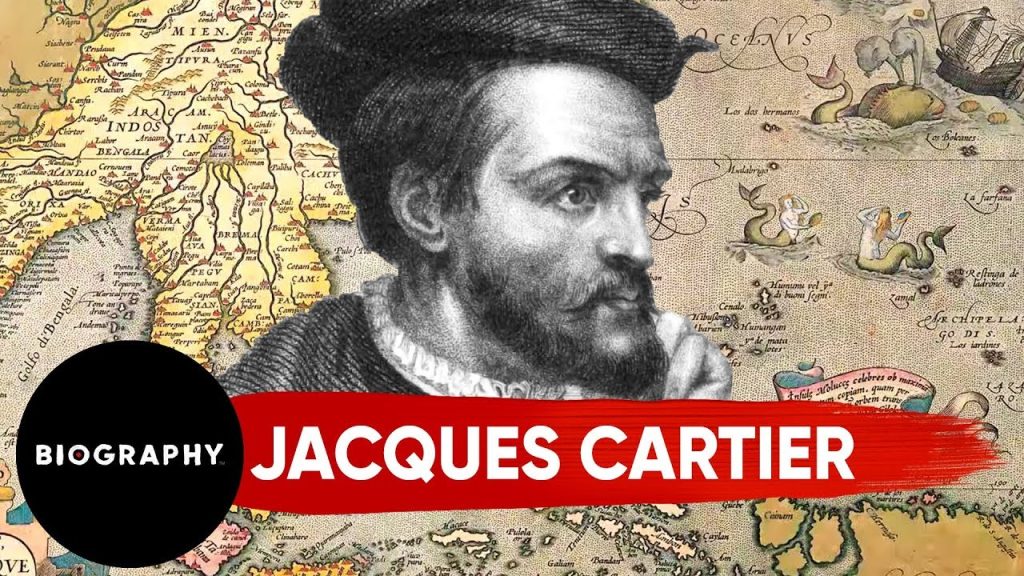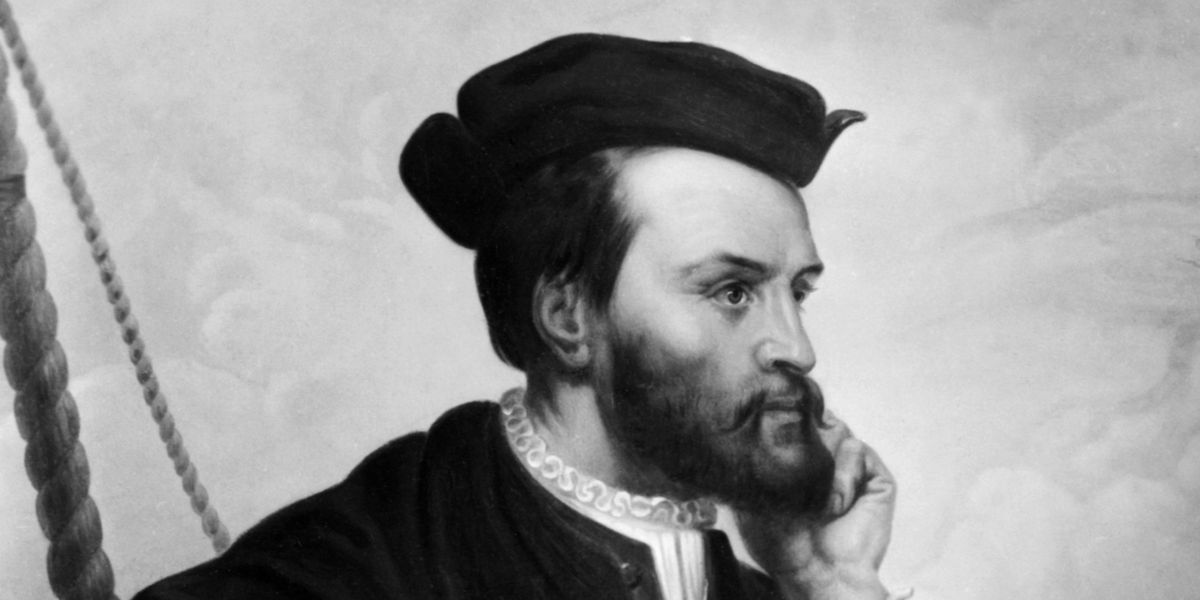In the annals of exploration, Jacques Cartier stands as a prominent figure, credited with the naming of Canada and the meticulous exploration of the St. Lawrence River. While his voyages shaped the course of history, delving into the life of this renowned explorer unveils the presence of an influential figure in his early years – Jamet Cartier, his father.
Advertisement
Early Years and Maritime Beginnings
Born on December 31, 1491, in the bustling port town of Saint-Malo, France, Jacques Cartier’s childhood unfolded against the backdrop of a fishing community. His father, Jamet Cartier, played a pivotal role in shaping his son’s destiny, instilling navigational skills and a seafaring spirit from a young age.
The historical records of Jamet Cartier are scant, shrouded in the mists of time. Yet, the maritime heritage of Saint-Malo, coupled with the bustling activity of a fishing town, likely provided a fertile ground for Jacques Cartier’s early education in the art of navigation.

A Family Legacy: Geseline Jansart
Complementing Jamet Cartier’s role in Jacques’ upbringing was Geseline Jansart, Jacques Cartier’s mother. While historical documentation about her is equally sparse, the role of a mother in a seafaring town would have been integral in fostering the resilience and adventurous spirit that characterized Jacques Cartier’s later life.
Navigating the Unknown: Jacques Cartier’s Exploration
As Jacques Cartier matured, he embraced a life at sea. Many historians speculate that, in his youth, Cartier might have ventured across the Atlantic Ocean, possibly accompanying explorers on journeys to uncharted territories. While specific evidence is elusive, the maritime environment of Saint-Malo likely served as Cartier’s training ground.
Advertisement
In May 1519, Jacques Cartier entered into matrimony with Catherine des Granches, a union that elevated his social standing in society. As Cartier’s prowess as a navigator grew, historical conjecture places him alongside Giovanni da Verrazzano on voyages to the New World in 1524 and 1528.
The Call to Exploration: King Francis I’s Commission
The era was marked by a fervent pursuit of land, resources, and wealth in the New World by European powers. In this landscape, King Francis I of France sought an expedition to explore the New World, claim territories, and discover a coveted Northwest Passage to Asia. Jacques Cartier emerged as the chosen leader for this ambitious venture.
Voyages that Defined an Era
Cartier’s principal voyage commenced on April 20, 1534, as he departed Saint-Malo with two ships and 61 men. Navigating the Atlantic, the expedition reached the shores of Newfoundland, exploring the Gulf of St. Lawrence and making significant discoveries, including Prince Edward Island. His subsequent voyages, marked by encounters with indigenous populations and the exploration of the St. Lawrence River, solidified Cartier’s legacy as a pioneering explorer.
Legacy and Later Years
Cartier’s legacy reverberates through the centuries, influencing European exploration and laying the groundwork for French claims to Canada. Despite setbacks, including a failed attempt at establishing a French colony, Cartier’s contributions endured. His final years were spent managing his estate in France, where he passed away on September 1, 1557, at the age of 66.
Beyond the accolades for exploration, Jacques Cartier’s journey is intertwined with the influence of Jamet Cartier, the father who, in the maritime heart of Saint-Malo, imparted the skills and spirit that propelled his son into the uncharted waters of discovery.


Leave a Reply